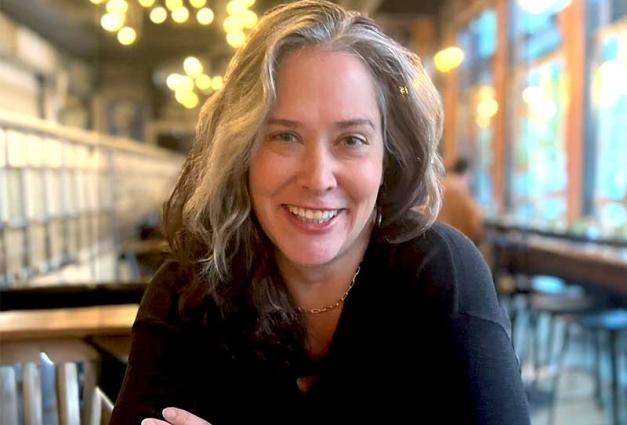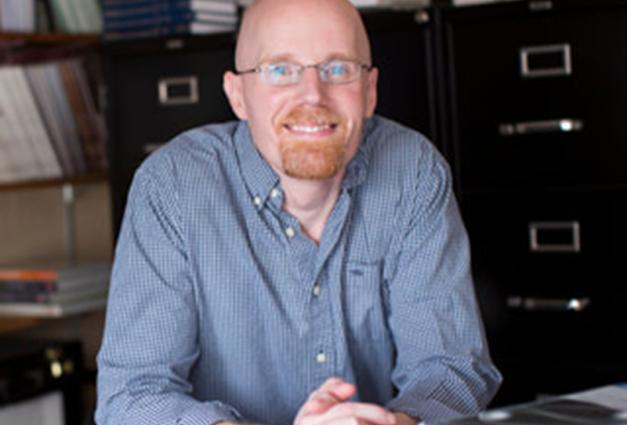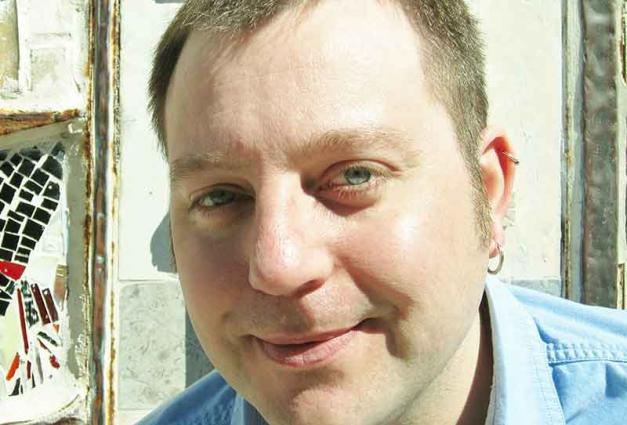Adelheid Nicol is an Associate Professor at the Military Psychology and Leadership Department of the Royal Military College of Canada. She obtained her B.Sc. from McGill University, and her M.A. and Ph.D. from the University of Western Ontario. Her interests are in the areas of honesty/integrity testing, personality testing, and prejudice.
What led you to choose a career in personality and social psychology?
I learned quite a bit about personality and social psychology while completing my graduate studies in Industrial/Organizational (I/O) psychology at the University of Western Ontario. Although I was pursuing a PhD in I/O in order to become a consultant, my desire to continue learning pulled me in the direction of academe. I was fortunate enough to get a faculty position at the Royal Military College of Canada where I refashioned my research to focus on prejudice.
Briefly summarize your current research, and any future research interests you plan to pursue.
My present research interests center on studying the underlying natures of Social Dominance Orientation (SDO) and Right-Wing Authoritarianism (RWA), as well as the role they play within the workplace, particularly a military environment. Not coming from a military background, I was interested in the stereotypes that I and others have about the military and wanted to examine the role SDO and RWA play for this group.
Why did you join SPSP?
A graduate student from another university praised SPSP for the quality of their conferences and reasonably priced membership fees. I read a bit about SPSP and decided to join.
How has being a member of SPSP helped to advance your career?
Keeping abreast of the literature by skimming the SPSP publications is important in the development and delivery of many of the courses that I teach and in the development of research ideas.
Do you have any advice for individuals who wish to pursue a career in personality and social psychology?
While pursuing graduate studies, take as many statistics courses as possible (I didn’t and I regret that!).
Outside of psychology, how do you spend your free time?
Most of my free time is spent being with my three children as much as possible: playing, talking, listening, learning, teaching. (Oh, ya, there is also the cooking, cleaning, etc. that comes with having a family.) I also enjoy being physically active as much as possible, with my family or on my own.




